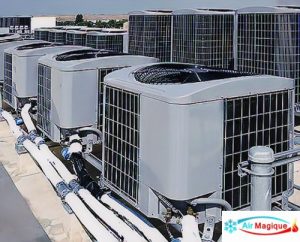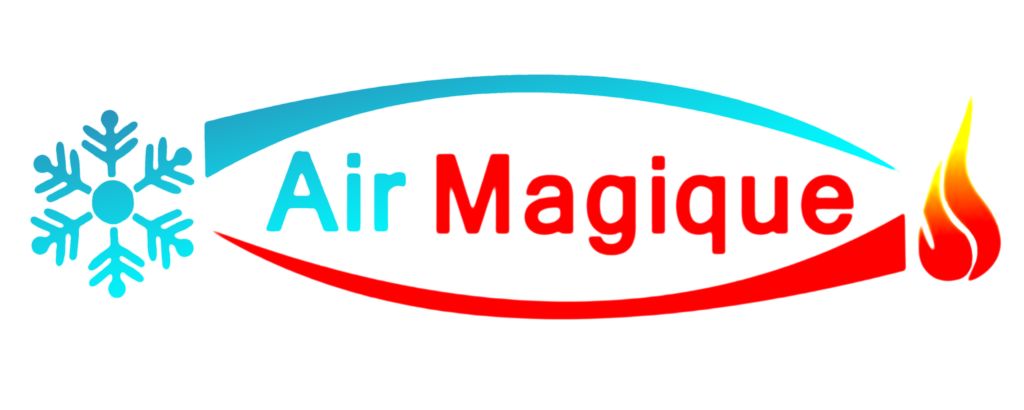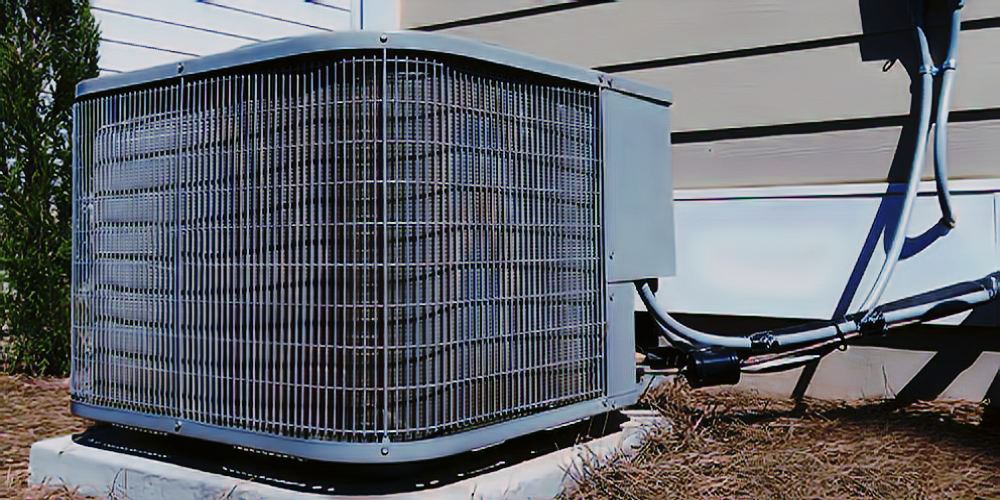In today’s business landscape, controlling operating costs is essential for any commercial establishment. One area where significant savings can be achieved is through the proper maintenance of commercial air conditioners. Regular maintenance not only ensures the smooth operation of these systems but also enhances their energy efficiency, leading to reduced operating costs. In this blog post, we will discuss how proper maintenance practices contribute to improved energy efficiency and cost savings for commercial air conditioners.
Clean and Clear Air Filters:
One of the most crucial maintenance tasks for commercial air conditioners is regular cleaning and replacement of air filters. Clogged or dirty filters restrict airflow, forcing the system to work harder and consume more energy. By keeping air filters clean, the air conditioner can operate more efficiently, maintaining a comfortable indoor environment while minimizing energy usage. Regular air conditioner maintenance should include inspecting and cleaning or replacing filters to optimize energy efficiency.
Coil Cleaning and Inspection:
The condenser and evaporator coils of commercial air conditioners are prone to dust, dirt, and debris buildup over time. This accumulation reduces heat exchange efficiency, leading to increased energy consumption. Regular coil cleaning and inspection are essential maintenance practices to remove debris and ensure optimal airflow. Additionally, checking for any coil damage or leaks during maintenance helps prevent potential issues and the need for costly AC repairs.
Proper Refrigerant Levels:
Maintaining the correct refrigerant levels is critical for the efficient operation of commercial air conditioners. Low refrigerant levels can lead to poor cooling performance and increased energy consumption. Conversely, overcharged systems can cause compressor inefficiency and higher operating costs. Regular maintenance includes checking and adjusting refrigerant levels as needed, ensuring optimal system performance and energy efficiency.

Fan and Motor Maintenance:
The fans and motors in commercial air conditioners play a vital role in airflow and cooling. Regular inspection and maintenance of these components are necessary to prevent issues that can impact energy efficiency. Lubricating fan motors, checking for loose or worn belts, and cleaning fan blades contribute to smooth operation and reduced energy consumption. Proper maintenance of these components can also help identify potential problems early on, preventing the need for extensive repairs.
Timely Repairs and Upgrades:
Regular air conditioner maintenance provides an opportunity to identify any underlying issues or signs of malfunction. Prompt AC repairs are essential to address these problems before they escalate and lead to higher operating costs. Additionally, outdated or inefficient commercial air conditioner models may benefit from upgrades or replacements to improve energy efficiency. Consult with HVAC professionals to determine if air conditioner repairs or equipment upgrades are necessary for optimal energy savings.
Conclusion:
Commercial air conditioner maintenance plays a crucial role in ensuring energy efficiency and reducing operating costs. By implementing regular cleaning, inspection, and maintenance practices, businesses can maximize the performance of their air conditioning systems while minimizing energy consumption. Investing in professional air conditioner maintenance services, including AC repairs and upgrades when needed, not only lowers operating costs but also enhances the comfort and productivity of the commercial space. Prioritizing proper maintenance today leads to significant long-term savings and a more sustainable and efficient operation for commercial air conditioners.


